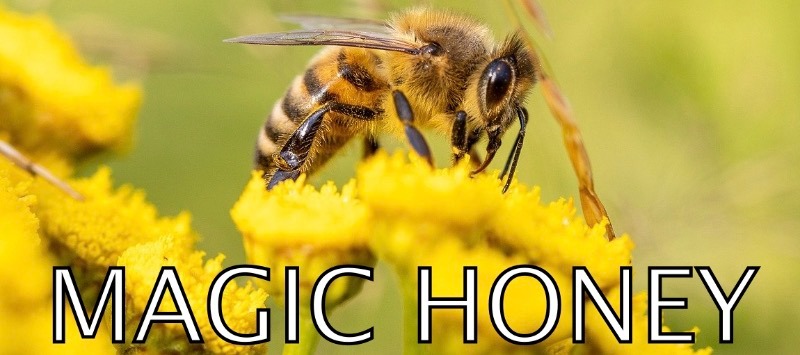Tomorrowhealthcare@runbox.com


Introduction to Manuka Honey
Manuka honey, derived from the nectar of the manuka tree native to New Zealand, has gained attention in recent years for its potential health benefits. This unique honey is known for its antibacterial properties, attributed to its high levels of methylglyoxal (MGO). Recent research suggests that manuka honey may also play a significant role in breast cancer prevention and treatment.
Research Findings from UCLA Health Jonsson Comprehensive Cancer Centre
According to a study conducted by the UCLA Health Jonsson Comprehensive Cancer Centre, Manuka honey may provide an alternative, natural option for individuals concerned about breast cancer, particularly oestrogen receptor (ER)-positive breast cancer. This subtype represents approximately 70–80% of breast cancer cases and is characterised by the presence of oestrogen receptors on the cancer cells. The research indicates that certain compounds within manuka honey could potentially inhibit the proliferation of these cancer cells, offering a complementary approach to existing therapies.
In mice with ER-positive breast cancer cells, Manuka honey dramatically slowed the growth of tumours by 84% without harming healthy breast cells or having a noticeable negative impact.
The Role of Manuka Honey in Breast Cancer
Oestrogen receptor-positive breast cancer often relies on hormone therapies that target the body's oestrogen supply. Introducing manuka honey into treatment options may enhance the effectiveness of these conventional therapies. The natural compounds found in Manuka honey could work synergistically with existing cancer treatments, potentially improving outcomes for patients. Furthermore, due to its antibacterial and anti-inflammatory properties, manuka honey may help alleviate some treatment-related side effects, providing an additional layer of support for those undergoing therapy.
While more research is needed to fully understand the mechanisms by which manuka honey impacts breast cancer, its potential as a holistic approach in both prevention and treatment is worth exploring. Incorporating manuka honey into one’s diet may serve not only as a sweetener but also as a proactive measure in maintaining breast health.
Conclusion
As interest in natural health alternatives grows, Manuka honey emerges as a promising candidate worth considering in the ongoing fight against breast cancer. Its unique properties and the insights from recent research suggest that manuka honey could become a valuable addition to traditional treatment modalities. Patients should discuss the incorporation of manuka honey into their treatment plans with their healthcare providers, ensuring a safe and informed approach to breast cancer care.